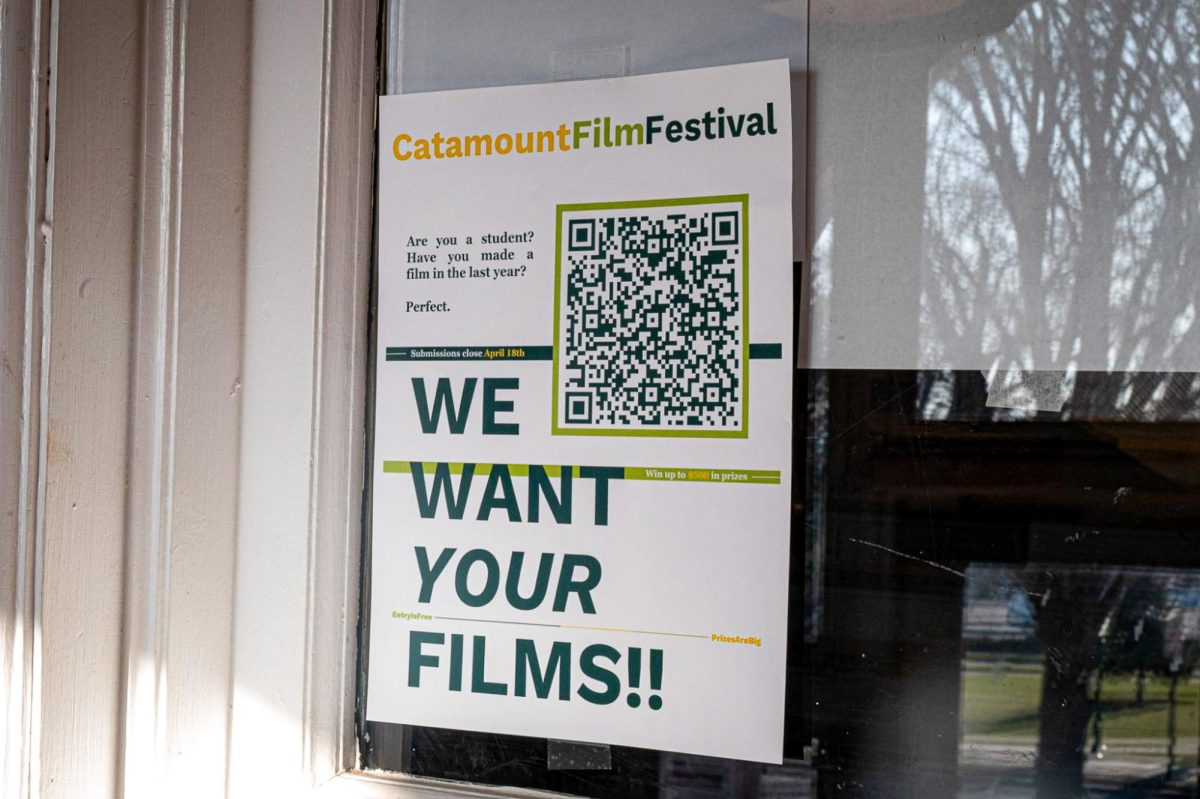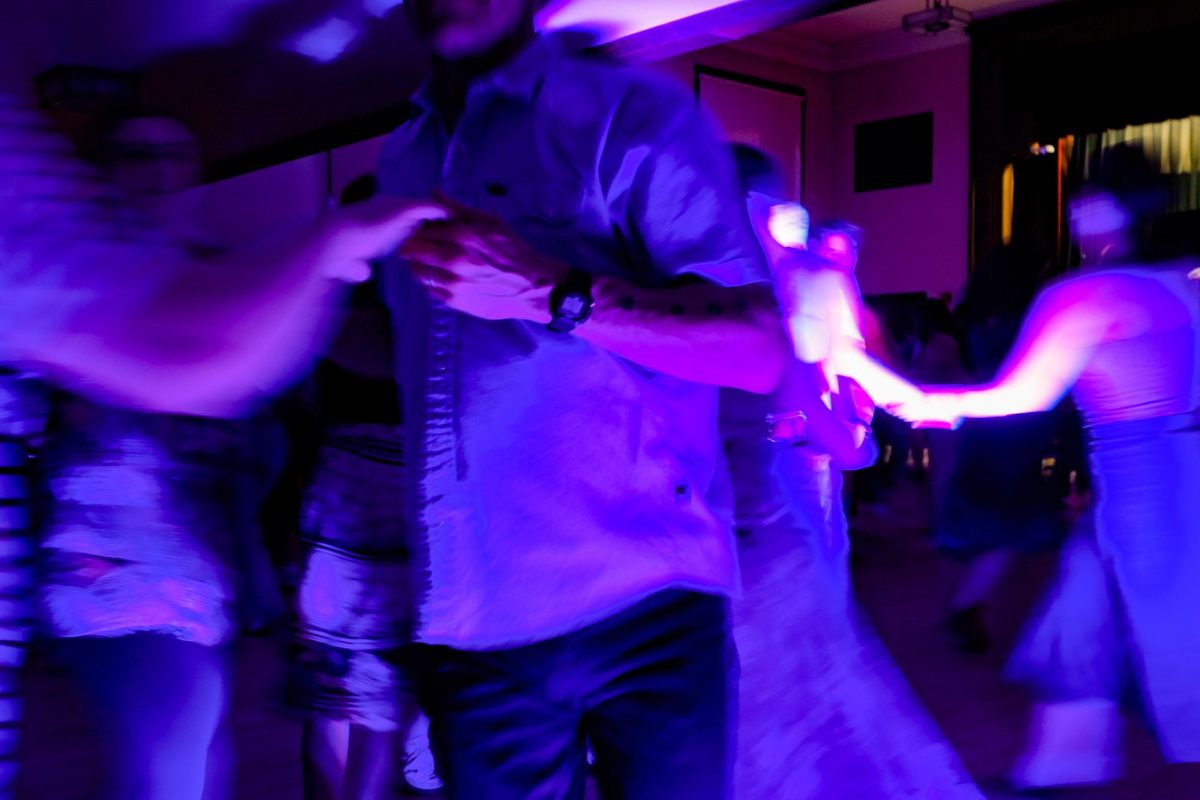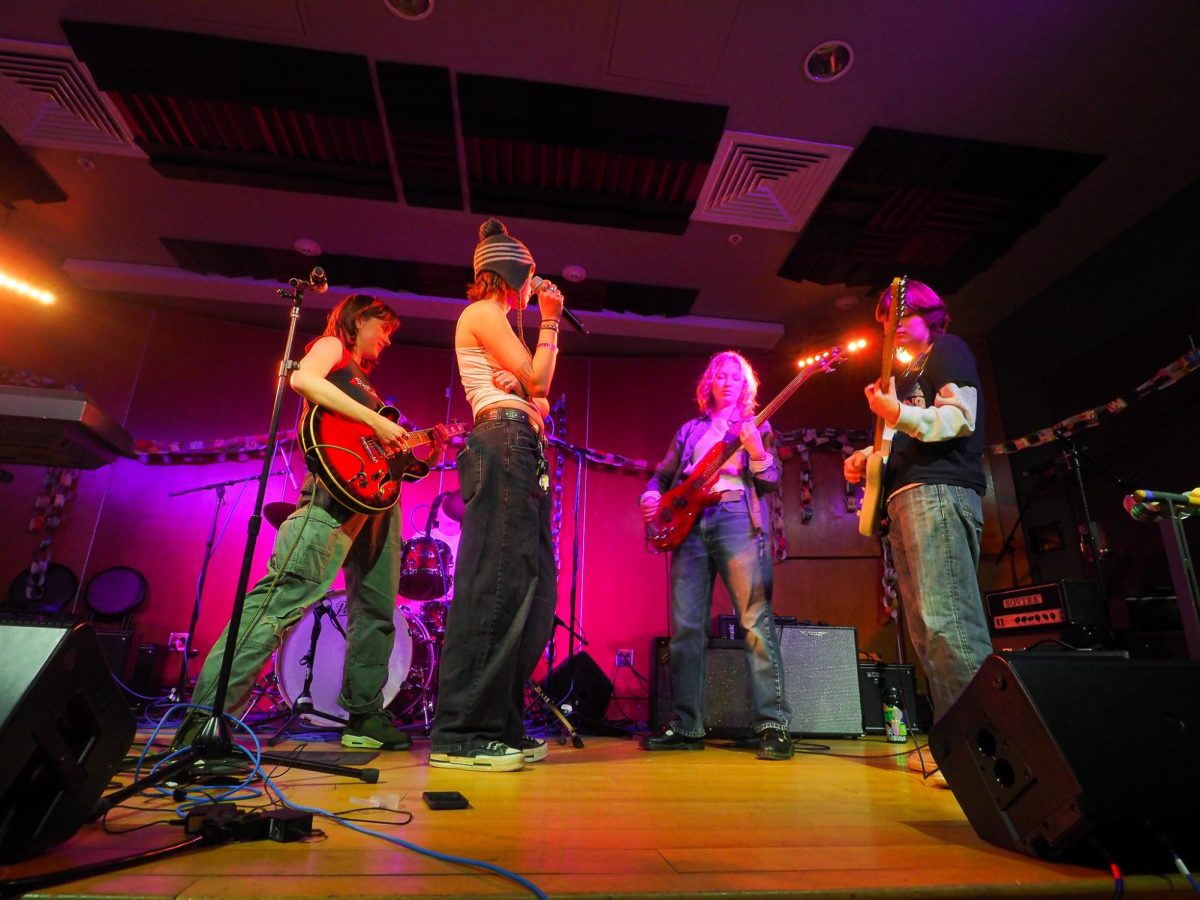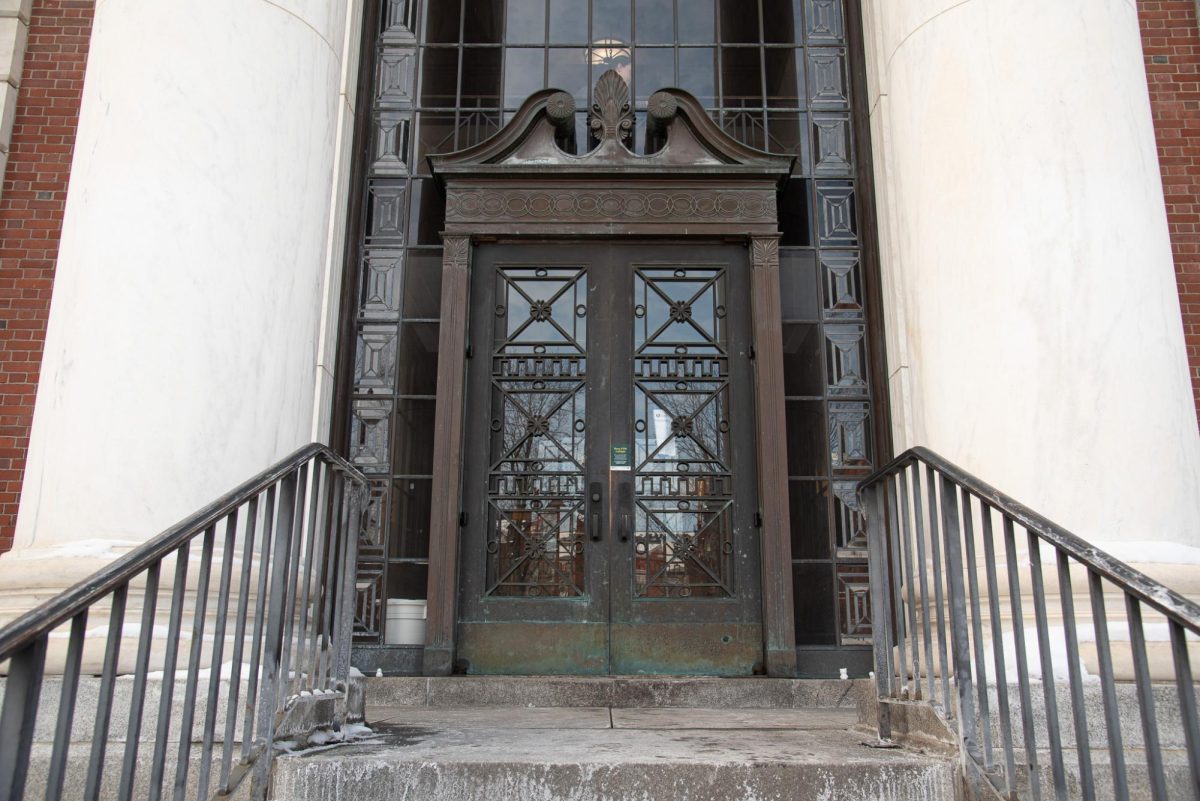Actor Carl Capotorto stood at the front of a packed Lafayette lecture hall on Tuesday, Nov. 9 attempting to determine the fate of Tony Soprano, while students gathered to enjoy Italian food and watch the controversial last episode of the Sopranos. The event, “Pizza and Pasta with Little Paulie” was organized by English professor and ALANA U.S. Ethnic Studies Program director, John Gennari, who arranged the appearance of Capotorto. “I met Carl this past April when we were both presenters at a conference at Hofstra University,” Gennari said. “And at that time I’d just recently read his memoir, which is a beautifully-written account.” Capotorto’s memoir, “Twisted Head,” speaks of growing up in the Bronx in the ‘60s and ‘70s as a young gay boy in an Italian family. Professor Gennari refered to the book as “a vividly colorful, multilayered picture,” and states that Carl himself is “redefining the word ‘ethnic'” through his work. In addition to playing the character of Little Paulie on “The Sopranos,” Capotorto has appeared in Spike Lee’s “Jungle Fever,” John Turturro’s “Mac,” and many other movies. Capotorto is not only an actor and an author, but is also a playwright and screenwriter, Gennari said. Capotorto said that he is slightly embarrassed by his brief appearance in the last episode of the show, but assured students that he had longer appearances throughout the previous three seasons and gave an inside view on inner workings of the show. The last episode of “The Sopranos” ended in a fade-to-black moment, leaving viewers wondering what happened. For this reason, it has become one of the most controversial TV season endings yet, Capotorto said. “It was an outrageous way to end a story that went on for decades,” Capotorto said. “Fans divided into two camps, they either loved it or they hated it.” Students attending the screening also divided into two groups, but for different reasons. Some assumed that the main character of the series, Tony, had died in the last seconds of the show, while others took that to mean that the show would live on. “Tony is the protagonist of the series,” one student in the audience said. “And so it makes sense that once he dies, the show has to end.” Others argued that the cut to the credits symbolized the never-ending nature of the show, and when asked Capotorto said that even he did not know the true meaning behind the ending. While he said that could not decode the mystery of the last episode, he was able to tell students what it was really like on the set of the show. He said that “it was like a brotherhood, a very supportive set.” But it is still “The Sopranos,” and “it was a little like being in the mob — you had to have the right attitude,” he said. Between Capotorto’s inside view of the show and the array of Italian snacks, students were able to get the full Soprano experience.
Categories:
“Little Paulie” hosts night of pasta and the fate of Tony
November 15, 2010
0
More to Discover







